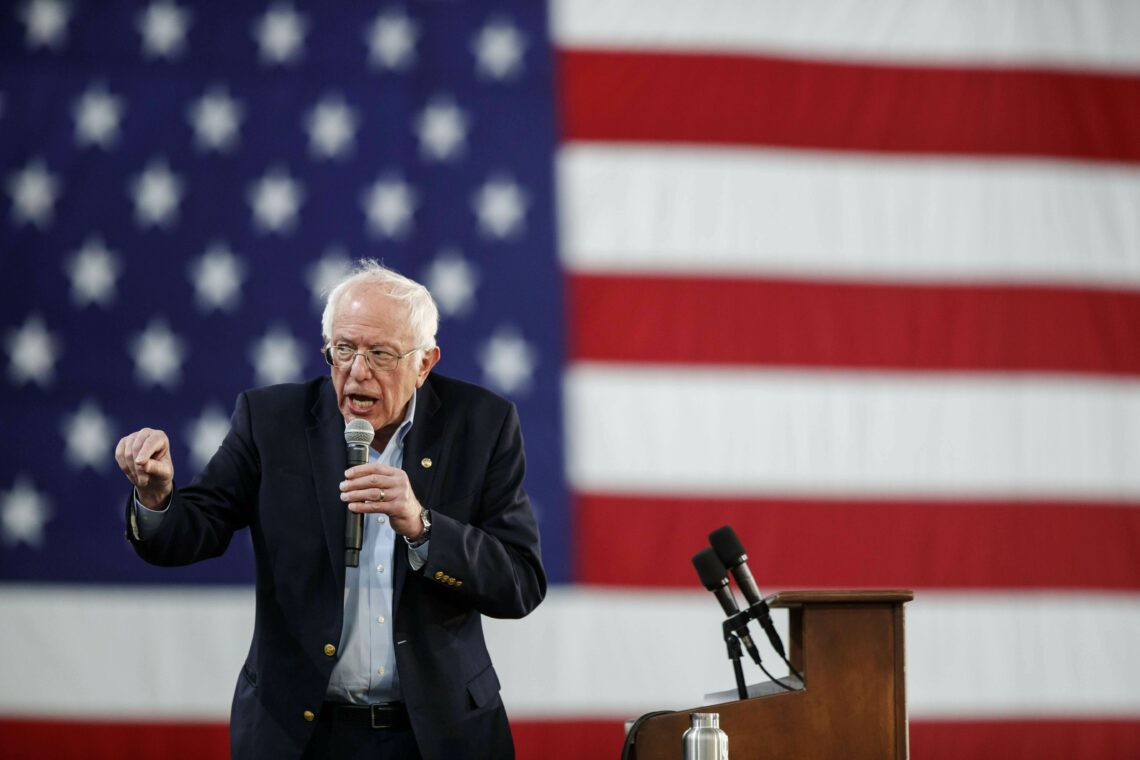Reforming capitalism: A fight built on envy
Capitalism has become a scape goat for climate change and wealth inequality. However, the premises underlying the war on capitalism are profoundly misguided – the current system is far from aligned with free-market prescriptions.

In a nutshell
- Capitalism is now widely perceived as an evil to conquer
- Critics mistakenly blame free markets for undesirable outcomes
- The fight against free-market ideas is likely to intensify
When it comes to public debate, climate change has taken center stage on the international scene. Meanwhile, social fairness and income inequality dominate local discussions. Other topics have lost some of their former appeal. For example, the poverty problem is no longer making headlines. While in 1980 some 44 percent of the world population was living in deprivation, this percentage is now 9.5 percent. Concerns about slow growth are no longer brought up. Whereas in the past people expected to enjoy quick and significant increases in living standards, nowadays avoiding setbacks seems more important than taking risks, creating and seizing opportunities.
Climate change and income inequality have one feature in common: most people believe they must be reduced through intrusive policymaking. It is debatable whether global warming should be halted no matter what. For example, adapting to new conditions could be a better solution. Similarly, there is nothing intrinsically bad in income discrepancies due to variations in skills or personal values. Put differently, aggressive government intervention is not necessarily the solution to our worries.
The wrong tree
History shows that free markets have created wealth and reduced poverty far more effectively than any other institutional setting. However, capitalism is widely perceived as the source of all evil – an impending threat to our future. The following paragraphs try to shed some light on three issues: why the war on capitalism amounts to barking up the wrong tree, why these ideologies remain under attack, and what we can expect in the future.
The current socialist, anti-capitalist rhetoric has little to do with reality. To begin with, we are not living in a neoliberal box. The term neoliberalism was born in the 1930s and referred to a regulated market economy. It has now morphed into an umbrella designation describing everything that limits discretionary policymaking. Capping public expenditure, balancing the budget and refraining from engaging in profligate monetary policies are examples of neoliberal prescriptions. Yet, neoliberalism is still compatible with massive regulation, heavy taxation and, more generally, social engineering.
Free markets have reduced poverty more effectively than other institutional settings.
During the 1930s, total government expenditure in the United States was always below 20 percent of gross domestic product (GDP), and the New Deal was certainly not a free-market program. Total government expenditure is now about 40 percent of GDP, regulation is pervasive and social engineering takes pride of place in most economics textbooks. Are we sure that during the past 80 years the U.S. has moved closer to Margaret Thatcher and not Senator Bernie Sanders?
The term capitalism is also frequently misused. It defines an institutional context that acknowledges and protects the private property of the means of production (capital). Nowadays, capital includes both human capital (skills) and nonhuman capital (machines). Can one claim that modern societies are capitalist, when taxation frequently absorbs over 50 percent of what individuals produce with their skills and equipment, and when regulation drastically restrains their freedom of contract, i.e. their ability to dispose of their property?
Many anti-capitalist voices fiercely criticize the current state of affairs. Yet, our world is certainly not characterized by free-market ideology because governments are big and limit our freedom to choose and to exchange. It is also not capitalist – governments violate our private property systematically. And it hardly qualifies as neoliberal since the discretionary power of government and the size of public indebtedness in most advanced countries is far from moderate.
Envy and frustration
So, how can we explain the ongoing crusade against the free market? Many observers celebrated the 1991 downfall of the Soviet Union as a decisive victory for the capitalist cause. It was widely believed that the economic shortcomings of central planning had been exposed, and that the argument was closed. Yet, we should have known better. Socialism and government intervention are in strong demand, and suppliers are doing their best to discredit the alternative.
The term capitalism is frequently misused.
In 1956, economist Ludwig von Mises most aptly explained that most people dislike free markets because the system rewards merit and exposes failures, including personal failures. In other words, for most people it causes individual frustration – we want more and we pretend to have been slighted whenever we are unsuccessful. This explains why envy and the quest for privileges through government action did not disappear with the Soviet collapse.
The sluggish economic performance of the West has made sure that those at the helm could no longer legitimize their role by touting their achievements, so they had to find enemies. Capitalism and neoliberalism have been held up as the major nemeses to be kept at bay. Such efforts to discredit the free market have found fertile ground. Envy and frustration are innate traits of human nature – strong enough to prevent people from seeing that the free-market system has nothing to do with disappointing growth and wretched public finance.
For all these reasons, the future is grim. Most people do not want a free-market system, especially intellectuals. The advocates of government intervention will keep finding large, receptive audiences. Entrepreneurs will be regarded as a necessary evil and free-market supporters will be discredited as social butchers. The quest for fairness and the debate on how to rescue capitalism from itself are a veneer. There is nothing fair in taking money out of somebody else’s pocket, and the free-market vision does not need to be polluted by socialist reformers.

Divided camp
At the same time, public opinion seems to ignore that the current struggle against a nonexistent foe, capitalism, is actually a fight between two sets of players within the socialist camp, and that the outcome of this conflict will shape policymaking scenarios in the future.
These two factions are national policymakers and international technocrats. Both groups are trying to enhance their role and find possible ways of cooperating. Cooperation is certainly an option when it comes to climate policy. International agencies dictate the grand strategies and perform responsibilities in the name of taxpayers to whom they are not accountable. At the same time, national politicians reap at least part of the tax revenues or the proceeds from the licenses prescribed by the technocrats.
The fight for socialism will become increasingly problematic.
Fiscal pressure is a delicate area. Although international cooperation requires avoiding competition among various tax authorities, taxes do not affect all countries to the same extent and are likely to create imbalances, thus giving rise to tensions between various policymaking groups. Redistribution is a source of even sharper conflict, since such measures are perceived differently when they take place across countries rather than within a single nation.
To conclude, envy and frustration will ensure that the fight against neoliberalism or capitalism continues or even intensifies. In addition, the fight for socialism will become increasingly problematic. Some authors will develop arguments to reform or save capitalism; others will develop models of top-down cooperation managed by inspired social engineers. Most of them, however, will probably suggest ways to achieve centralized regulation and harmonized taxation.
Anti-capitalist populism at a national level is unlikely to halt this narrative. True, there are exceptions. Although the United Kingdom and the U.S. are not free-market economies, their current leaders have succeeded in developing persuasive anti-socialist storylines. This will not be replicated in continental Europe, since curtailing socialist rhetoric in Berlin, Paris or Rome would require radical changes in the European Union. Culture matters. And cultural change takes time.







